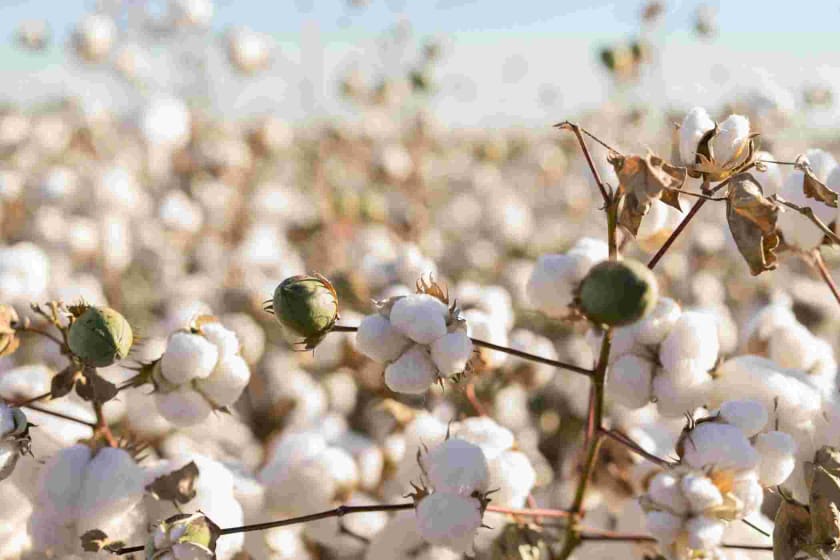Cotton VS Organic Cotton: What’s the difference?



If you’ve ever wondered about the major differences between cotton and organic cotton, we’re here to provide you the answers!
Cotton meets more than half of the global fabric requirements in the market. Due to its wide popularity and demand, cotton growers have been shifting towards artificial means of production using excessive pesticides for faster growth. Clothes manufactured using these varieties of cotton are filled with several chemicals that can harm our skin and the environment.
With increasing awareness among the fashion industry about the environmental impact of chemical procedures, a significant percentage are turning towards organic means of production. Organic cotton is grown without any synthetic chemicals and pesticides.
Let’s see how regular cotton is different from organic cotton using this table.
Traditional Cotton VS Organic Cotton
| Cotton | Organic Cotton |
| The production of regular cotton intakes more water | Organic cotton is produced with minimal water usage |
| Involves more carbon dioxide emission | Limited carbon dioxide emissions |
| Uses pesticides | Does not uses pesticides |
| Grown using chemicals that can harm people and the environment | No usage of chemicals |
Water Consumption
According to established studies, manufacturing a single t-shirt with regular cotton requires 2,168 gallons of water. Isn't that too much? Organic cotton on the other hand requires 186 gallons of water to produce the same. Regular cotton needs irrigated water during cultivation but organic cotton can grow depending on rainfall alone.
Carbon Emissions
Another interesting thing about organic cotton is that it emits 46% less carbon dioxide than conventional cotton. Growing organic cotton can decrease 62% of energy consumption compared to conventional methods. Imagine, a simple shift from traditional to organic cotton can reduce water consumption, greenhouse gas emissions, and energy usage at the same time!
Use of Pesticides
Regular cotton is treated with harmful chemicals that can damage the skin and sometimes can lead to cancer. Whereas, organic cotton is hypoallergenic and doesn’t have any adverse effects on the skin.

Takeaway
Considering all of the points above, it can be conclusively said that organic cotton is advantageous in all ways. Investing in organic cotton can considerably decrease environmental damages. Also, with the growing demand for organic cotton products among eco-conscious consumers, this is an ideal time for cotton planters to switch to organic.



















